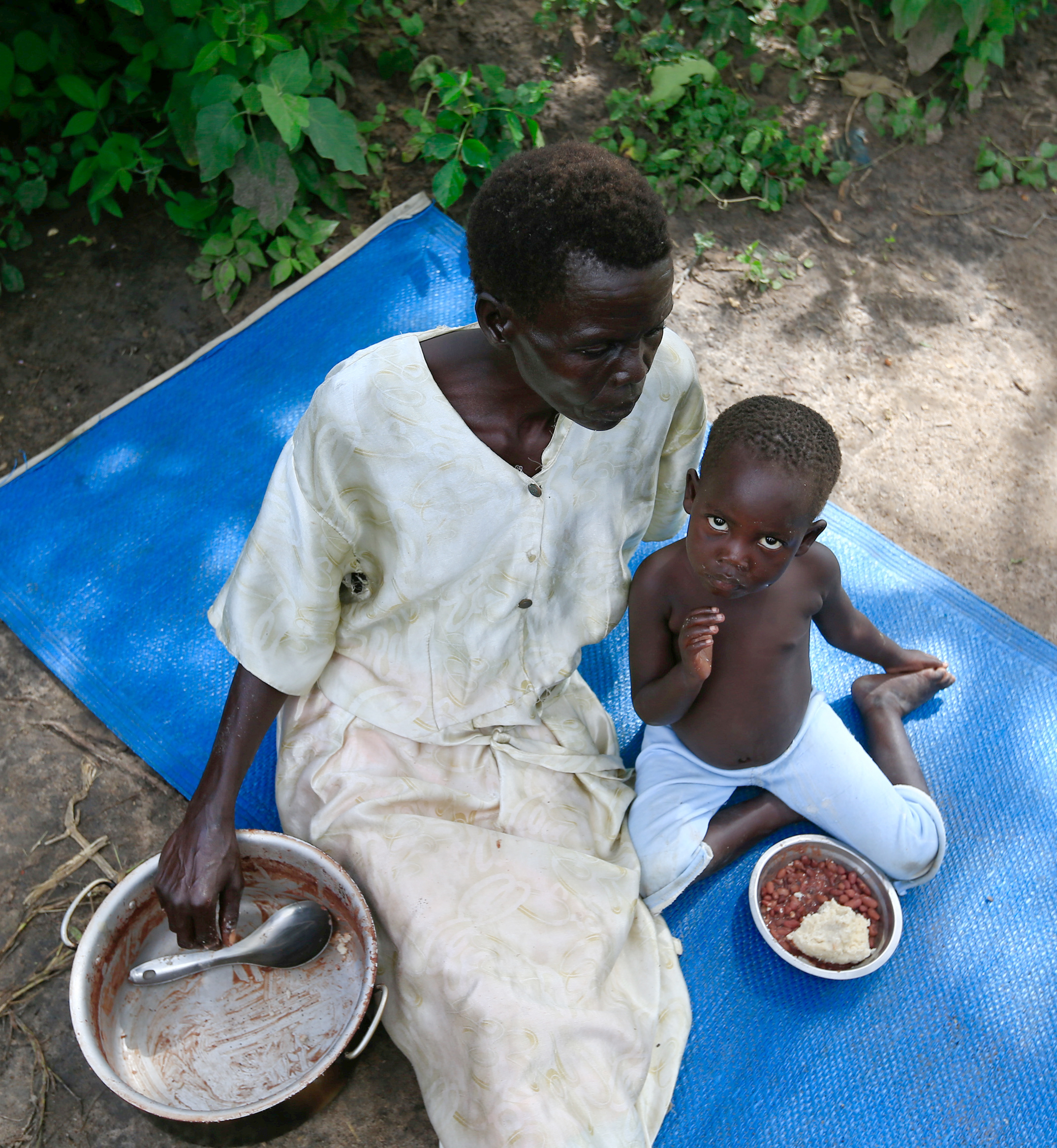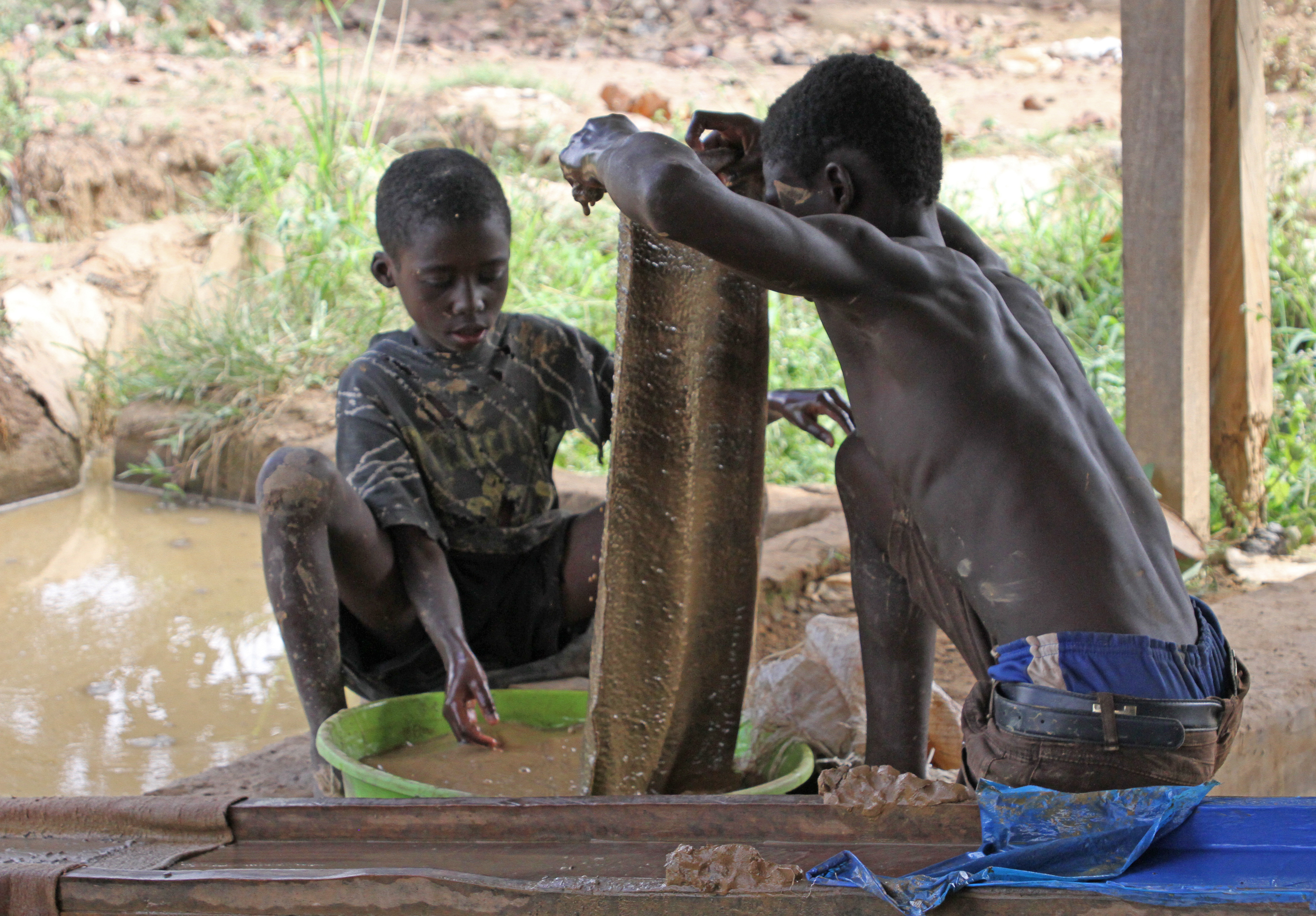In recent years, the world’s largest anti-slavery organisation, the International Justice Mission (IJM), has seen their model of partnering with local police and governments to mend broken justice systems lead to huge decreases in slavery and of violent abuse of people in poverty around the world.
Rose Gamble spoke to Gary Haugen, founder of IJM
In some of the places where IJM has partnered with local police and governments, slavery has dropped as much as by 86 per cent. Can you explain why this model is so effective?
Slavery is driven by the economic incentive of criminals. If you don’t have a criminal you don’t have slavery. In places where we have successfully enforced the law by building the capacities of local police and then the capacity of local courts and lawmakers to actually convict the perpetrator, along with providing support to survivors, we’ve seen slavery effectively collapse.
The Catholic Church has also been using this model in its Santa Marta group - a global alliance between the Catholic Church and law enforcement working to eradicate slavery. Do you think the group has been successful?
The Vatican’s affirmation of the importance of law enforcement has been extremely helpful. It has brought the victims of human slavery out of the shadows. The Santa Marta group has been particularly helpful in forming International connections and in sharing International best practices. In order to tackle slavery law enforcements must cooperate across borders.
I think the next step is in training law enforcement in the developing world. They need the training and the resources to fight slavery effectively. We need an increased investment in the training and infrastructure in order to have the capacity to take this on at scale.
How, practically, can we go about helping tackle slavery using this model on a national and Church level?
1. By mobilising the enormous presence of the Catholic church globally. I believe it requires a christian compassion to recognise those - the poor, the marginalised, the least of these - who are going to be effected by traffickers. The Catholic Church has a profound history of helping the vulnerable and the marginalised. I believe there shouldn’t be anyone in the pews not aware that slavery is a problem that breaks the heart of God and needs attention.
2. As a Church, as Christians, we need to raise our voice to the civil authorities. The authorities are granted power for the purpose of protecting poor from abuse. We should be affirming the Godly mandate of law enforcement by resourcing it for this role.
3. The Church must commit to supporting survivors. If there is a belief that people can have a life outside of slavery we’ve seen that inspiring the law enforcement. There can be a belief that survivors are so damaged, what is the point. Law enforcement need to see survivors can not only survive slavery but thrive in freedom.
4. The Church needs to support and partner with the practical efforts of organisations supporting survivors and mobilising law enforcement.
And what can we do on an individual level?
One thing you can do is become a Freedom Partner with IJM - this connect people of faith, and empowers them with various tools to raise awareness/ advocacy. You can also encourage your church to join Freedom Sunday. On September 22nd churches around the world will join together to learn about modern slavery and to engage in the fight against it - through prayer, through raising awareness and in giving financially to the cause.
Why - or is it - our Christian duty to work to combat trafficking and human slavery?
The basic command of Jesus is to love our neighbour. Slavery can feel detached from us, from our families, our children, but if we hear the real life stories of slaves, if we focus on the individual I believe we must recognise Christ’s command to love them as we do ourselves.
Also the way we see the goodness of God is through the good works of his people. In tackling slavery we see a God who hates injustice and loves righteousness.
Gary Haugen is currently in the UK convening a discussion session on tackling slavery at TED Summit and speaking at the Keswick Christian Convention. He’s previously spoken at World Economic Forum on ending slavery in supply chains, as well as participating in anti-slavery events at the Vatican. IJM is a Christian charity that works with all denominations as well as people of all faiths or none, to end slavery and the violent abuse of people in poverty. IJM has worked with law enforcement around the world to rescue almost 50,000 people from slavery and violent abuse to date. It has also helped to secure the arrest of thousands of traffickers.



 Loading ...
Loading ...